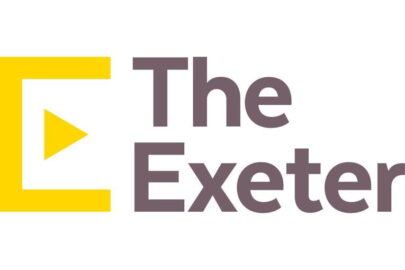The Exeter has revealed a significant increase in the number of GP reports being returned electronically (iGPRs) since the start of the Covid-19 outbreak, with over 40% of reports being returned in this way.
Used to disclose medical information for underwriting purposes, iGPRs provide insurers with thorough information in a faster and more efficient way, whilst streamlining the process for surgeries when completing reports.
Through the increased use of iGPRs, the Exeter has been able to speed up the process of returning terms to advisers and their clients on its products, with reports being returned twice as quickly as traditional paper reports.
This news comes after the insurer recently revealed a 527% increase in usage of its remote GP services in March 2020, compared to the same month last year, highlighting the important role electronic processes and services can play in ensuring people are protected and supported, as well as alleviating pressure on the NHS.
Chris Pollard, chief operating officer at the Exeter, said: “While the Covid-19 outbreak has presented insurers with a wave of challenges, it’s encouraging to see how technology has played a vital role in making sure the industry can continue to operate and provide protection to those who need it.
“We’re proud to offer the use of iGPRs, through our partnership with Medical Screening Solutions. It is a fast, efficient and reliable digital solution to physical GP reports, that can be delivered remotely and allow us to assess applications more quickly.
“As we begin to consider what the protection industry will look like in a post-pandemic world, it’s great to see that technology has been embraced by insurers, customers and the NHS alike and we are hopeful that processes, such as iGPRs, will become a lasting feature of the sector.”
